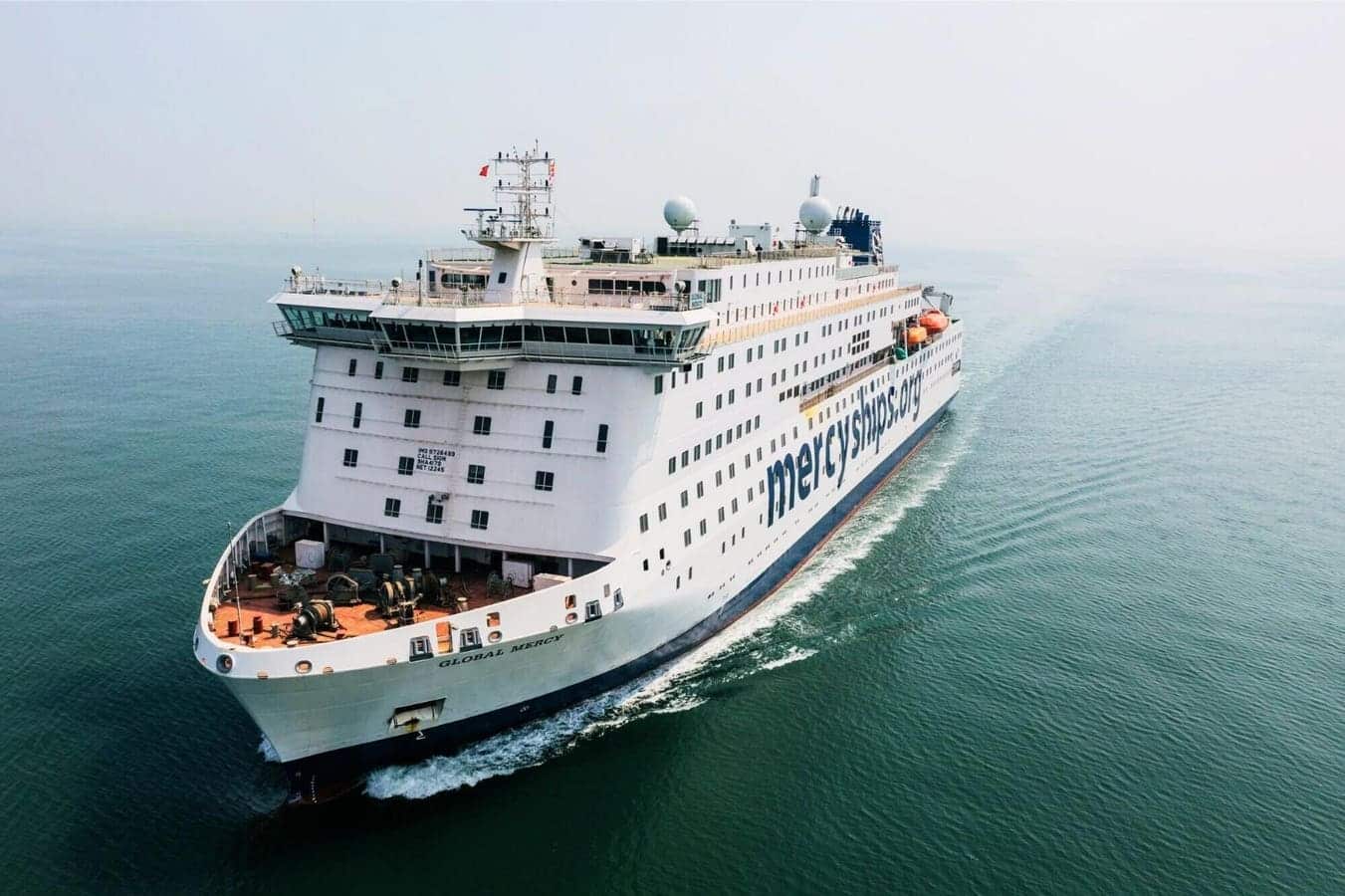Global Mercy: A Floating Hospital with a Mission

When people think of cruise ships, they often envision luxurious floating resorts. These vessels are typically equipped with lavish accommodations, gourmet dining, and endless entertainment options. However, not all ships at sea serve the purpose of leisure. Some are designed specifically to provide life-saving medical care to those in dire need. One such vessel is the Global Mercy, operated by Mercy Ships, an international health charity. This ship is the largest non-governmental hospital ship in the world, merging the logistical expertise of the cruise industry with a mission of humanitarian impact.
Similarities to a Cruise Ship
At first glance, the Global Mercy may resemble the mega cruise ships that dominate the travel market. Measuring 571 feet in length and weighing 37,000 gross tons, it shares many features with leisure vessels. The ship is equipped with advanced kitchens, waste management systems, and accommodations for hundreds of crew members. Its modular design allows for efficient maintenance, making it a well-structured floating facility.
British cruise reviewer Emma Le Teace recently swapped her usual cruise ship reviews for a week aboard the Global Mercy in Sierra Leone. Known for documenting her experiences on over 60 cruises, her journey showcased a stark contrast to her typical floating escapes. “The scale of the ship and the way it operates are things cruise fans would immediately recognize,” she noted. Spacious cabins, lounges, and a buffet restaurant are present, but the ship’s purpose is entirely different. Instead of theaters and water slides, the Global Mercy is fitted with six operating rooms, recovery wards, intensive care units, and a pharmacy. These state-of-the-art facilities are designed to deliver free medical care to those facing unjust poverty, highlighting the ship’s unique mission.
Two Vessels in the Hospital Fleet
Mercy Ships operates two vessels: Africa Mercy and Global Mercy. Both ships are staffed by an international crew of volunteers from over 60 countries. Their primary focus is to provide surgical care to individuals in sub-Saharan Africa who would otherwise lack access to safe medical procedures. According to The Lancet Commission, a staggering 90% of people in this region cannot access safe surgery, a disparity that Mercy Ships aims to address.
Since its commissioning, the Global Mercy has performed over 4,400 life-changing surgeries, including tumor removals and cleft lip repairs. Emma Le Teace expressed her admiration for the volunteers and the patients they serve. “It blows my mind to think of all the volunteers who serve on board and the patients who gain access to free, life-changing surgery,” she said. The impact of this work is profound, as it not only transforms lives but also fosters hope in communities that desperately need medical assistance.
Emma’s Unique Journey
Le Teace’s visit to the Global Mercy marked her first trip to Africa and provided her 362,000 YouTube followers with a glimpse into the daily operations of a floating hospital. Her passion for Mercy Ships began in 2020 when she first learned about their mission. Since then, she has raised over $100,000 for the charity through the sale of her “Captain Hudson” cuddly toy cats.
“Being on board Global Mercy was unlike any ship I’ve ever experienced,” Le Teace remarked. The focus aboard the ship is not on luxury or relaxation but on the dedication of volunteers and the resilience of patients who often travel great distances for care. This experience is difficult to articulate, as it transcends the typical cruise experience and dives deep into the heart of humanitarian work.
Smooth Operations with a Big Impact
The success of Mercy Ships is not solely based on its medical mission. The organization effectively integrates the logistical expertise of the maritime and cruise industries. The ships function as self-sufficient floating cities, housing medical professionals, engineers, teachers, and support staff who ensure smooth operations. For newly qualified maritime officers, volunteering aboard a Mercy Ship offers invaluable career experience in a highly specialized environment.
Moreover, Mercy Ships is committed to empowering local healthcare systems. By partnering with African nations, they train medical professionals and strengthen healthcare infrastructure, ensuring a sustainable legacy long after the ships depart for new destinations. For instance, Mercy Ships has trained reconstructive burns surgeons in Benin and eye specialists in Togo, addressing critical needs in these communities.
Le Teace’s experience aboard the Global Mercy has motivated her to continue her fundraising efforts. “Every time someone buys a Captain Hudson, they’re contributing to surgeries that save lives,” she said. It is remarkable to think how something so small can make such a significant difference in the lives of those in need.
